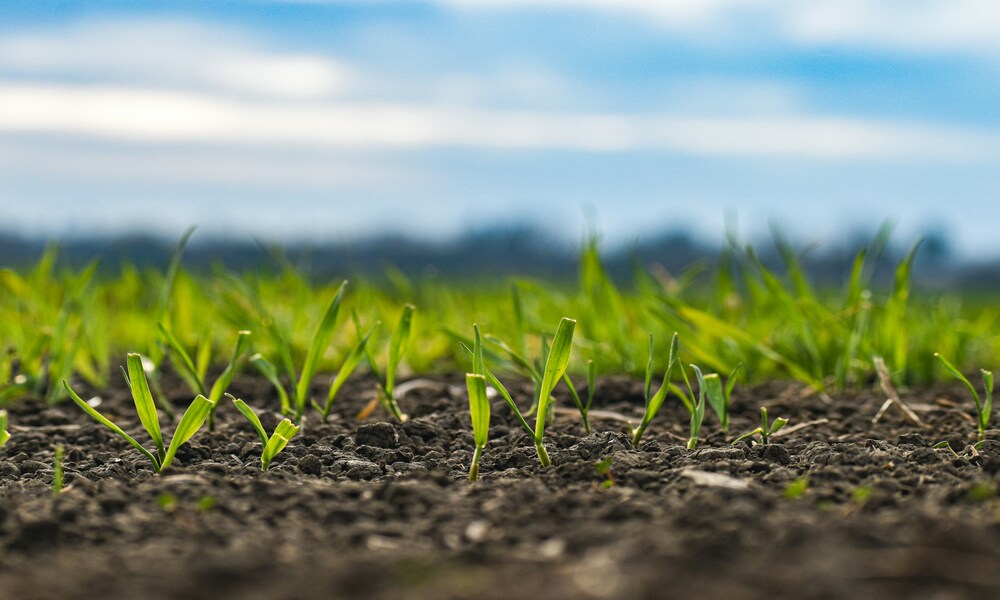The impact of agricultural practices on climate change is the focus of a new campaign by the Soil Association. Its campaign “No net zero without fixing fertiliser” includes a petition, demanding that the government sets a statutory fertiliser reduction target, aimed at reducing the use of man-made ammonium nitrate in agriculture. But is this really the way towards sustainable agriculture, or should we aim to meet somewhere in the middle?
How agriculture contributes to climate change
It is well publicised that a third of all greenhouse gas emissions come from agriculture and the food system. While a lot of attention is given to carbon dioxide and methane, nitrous oxide released from fertiliser is about 300 times as potent as carbon dioxide and can stay in the air for over 100 years, heating the atmosphere before it disintegrates.
Despite this, the Soil Association admits that it does not expect farmers to go ‘cold turkey’ on nitrogen. It points instead to incentives that could be introduced for farmers who adopt more sustainable alternatives like manure and using clovers in rotations to reduce nitrogen use. But how feasible is this?
Reducing fertilisers: A threat to food security?
The NFU has spoken out, commenting that the call for reduced fertiliser use is not the way to sustainable agriculture, rather a threat to food security. The organisation points out that man-made fertiliser is vital in helping to grow the nation’s food as well as supporting crop yield and quality, especially on less fertile soils. In addition, many farmers use fertilisers alongside organic manures to improve soil health and crop yields while reducing environmental impact. The problem with trying to rely on organic manures completely says the NFU, is that organic manure is not evenly distributed across the UK or available in sufficient quantities to completely replace man-made fertiliser.
The NFU does acknowledge that British farming has a part to play in reducing emissions, and it points to the increasing use of soil analysis and investments in precision technology as ways of making agriculture more sustainable.
Our thoughts…
This is always going to be a contentious issue. Fertiliser is a significant polluter, both in its production with the use of fossil fuels, and in its use with the release of nitrous oxides. However, it currently ensures that we have enough food to feed a growing population.
Whichever side of the fence you come down on, the conclusion you will probably come to is that the status quo cannot remain. Investment is needed (and is happening) in green ammonia, producing fertiliser with renewable energy instead of fossil fuels. The same can be said for organofertilisers, using bio/food waste to produce fertiliser as part of a circular economy. Other viable solutions exist in the form of improving nutrient use efficiency to use fertilisers better and working to improve our understanding of regenerative agriculture.
The way to move towards sustainable agriculture is not to go organic, but to meet somewhere in the middle and have all these solutions, as well as new discoveries, at our disposal, and to use them to achieve a more sustainable outcome.
Sources:
https://www.bbc.com/future/article/20210603-nitrous-oxide-the-worlds-forgotten-greenhouse-gas





